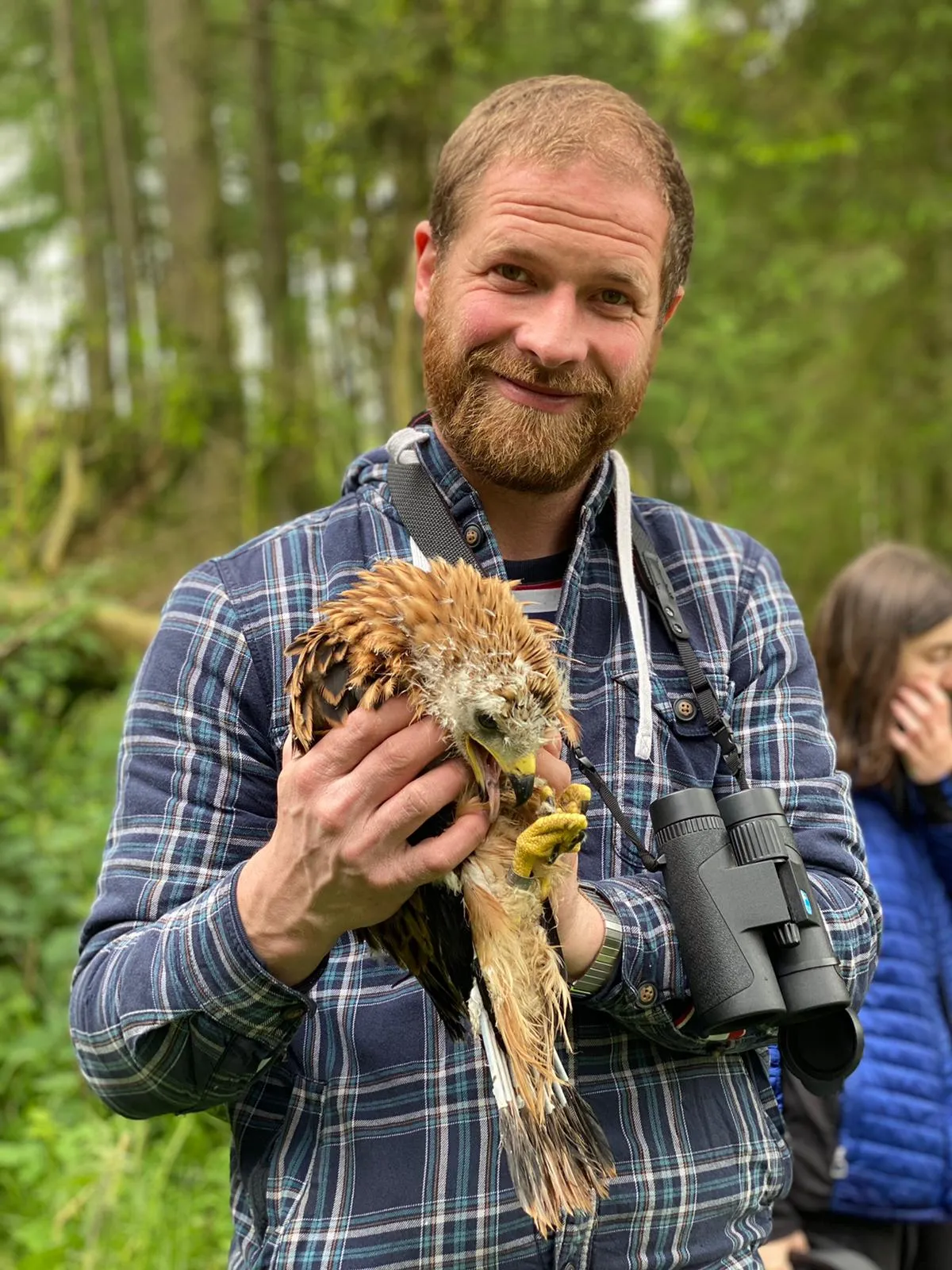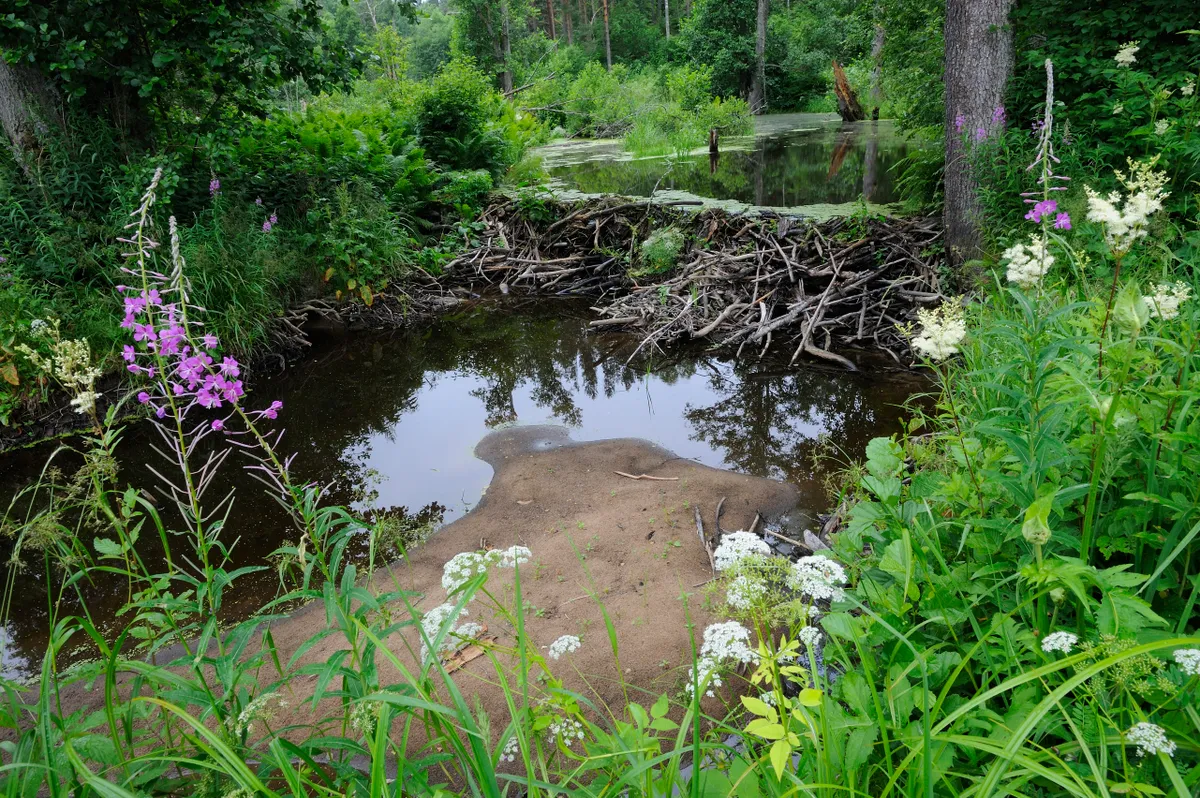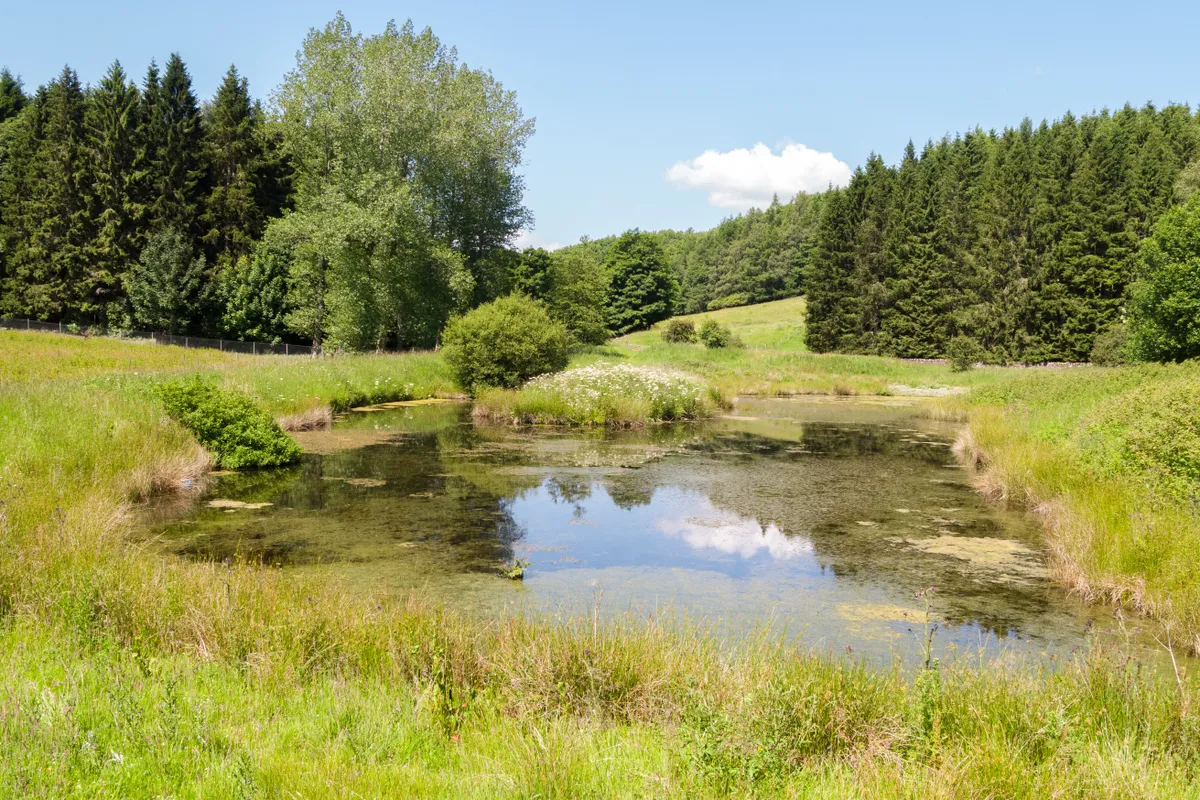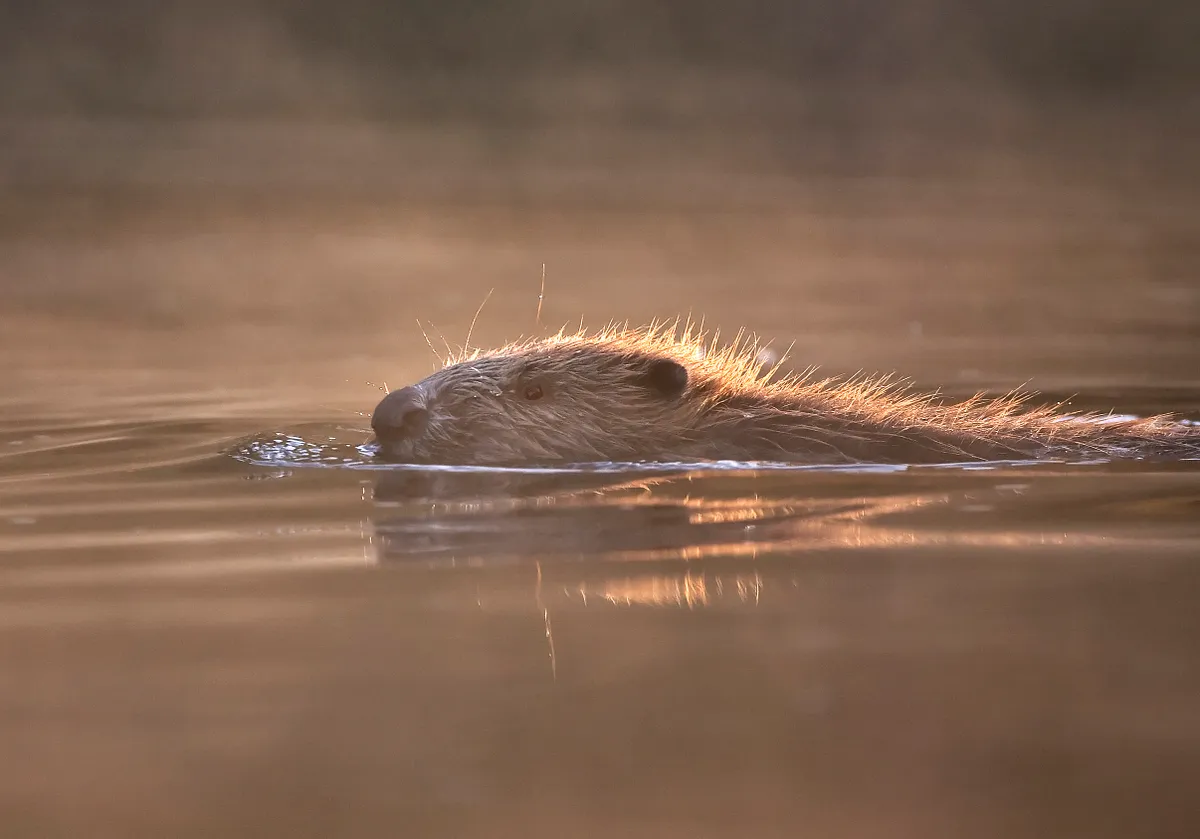A new ruling allowing for the translocation of beavers may signal an end to a controversial chapter in Scotland’s conservation history. Despite being a European Protected Species, in the past two years over 200 beavers have been subject to licenced culls in Scotland, authorised by NatureScot, the government conservation agency.
These lethal control licences were issued to protect farms, woodland, and infrastructure that were considered at risk from destructive beaver activity.
To counter this culling many have called for the government to instead allow translocation of beavers from sites in which they are causing problems to those in which they would provide benefits. However, until now, the Scottish Government has not allowed beavers to be relocated to new areas in Scotland.
One translocation proposal came from Tom Bowser of Argaty Red Kites, a working farm that is also home to an award-winning red kite project. This farm is already within the current range of beavers, and thus bringing them there would be considered a translocation rather than a reintroduction.

In a policy turnaround, their proposal has now been approved, and a licence awarded enabling the release of two families and one pair of beavers, without the need for enclosure fencing. These particular beavers will be relocated from agricultural land in Tayside, where culling licences have already been issued. The ruling should then effectively save these beavers from unnecessary destruction, providing a humane solution to the problem.
“We are delighted that our application has been approved and cannot wait to bring beavers to our farm,” says Tom Bowser, owner of Argaty Red Kites.
“It will be such a thrill to introduce our visitors to these wonderful animals and to witness the beavers’ amazing biodiversity-boosting work.”
Beavers were only reintroduced into Scotland in 2009, after becoming extinct in the 16th century due mainly to fur and meat hunting. This reintroduction was brought about by a recognition of the extraordinary value they can provide to ecosystems. Described as ‘nature’s engineers’, by constructing dams beavers are able to slow the flow of water through river catchments, and in doing so create valuable habitats for numerous other species.

It is hoped that this new translocation policy change will enable beavers to continue to provide these vital ecosystem services in areas where they could be most beneficial, instead of being culled as ‘pests’ in areas that their impact is not valued.
The project has support from members of the government, as well as conservation groups.
“I’m delighted that Argaty is to be the first edge-of-range translocation site in Scotland, bringing beavers from Tayside to where they are needed and wanted,” says Mark Ruskell MSP.
“There has been a terrible over-reliance on shooting beavers in recent years. This translocation is the most humane option, which will grow beaver populations in the wider area – benefiting the wider environment and enhancing the experience for visitors and locals alike.”

The translocation will be managed and financially supported by the Beaver Trust, a charity that leads and facilitates river and beaver restoration programmes. Eva Bishop, spokesperson for Beaver Trust has expressed her happiness at the new ruling.
“We are absolutely delighted for Argaty and Tom’s family farm to have achieved such an important and positive step forward for Scottish beavers and beaver conservation across Britain.”
“We hope more land managers are inspired by the team at Argaty and are always glad of the opportunity to work supporting viable projects like this one. Translocation is an important tool in the mitigation toolbox if undertaken responsibly, so we are delighted to see this progress.”
Tom is hopeful that their hard-won success may prove to aid future translocation projects,
“Obtaining the licence has been challenging, has taken a long time and a lot of hard work, and we hope this will help the process become more streamlined for viable projects in the future.”

Main image: A beaver swimming. © scotlandbigpicture.com
